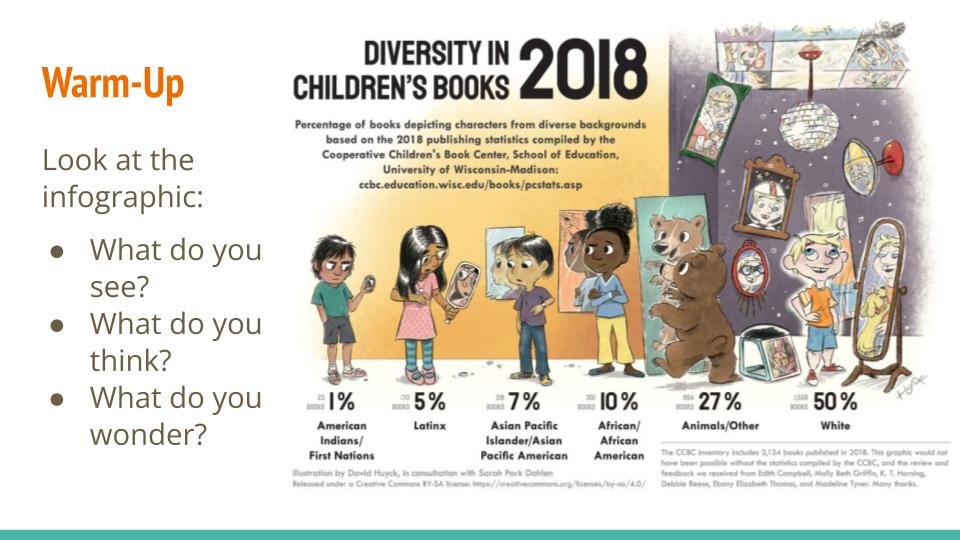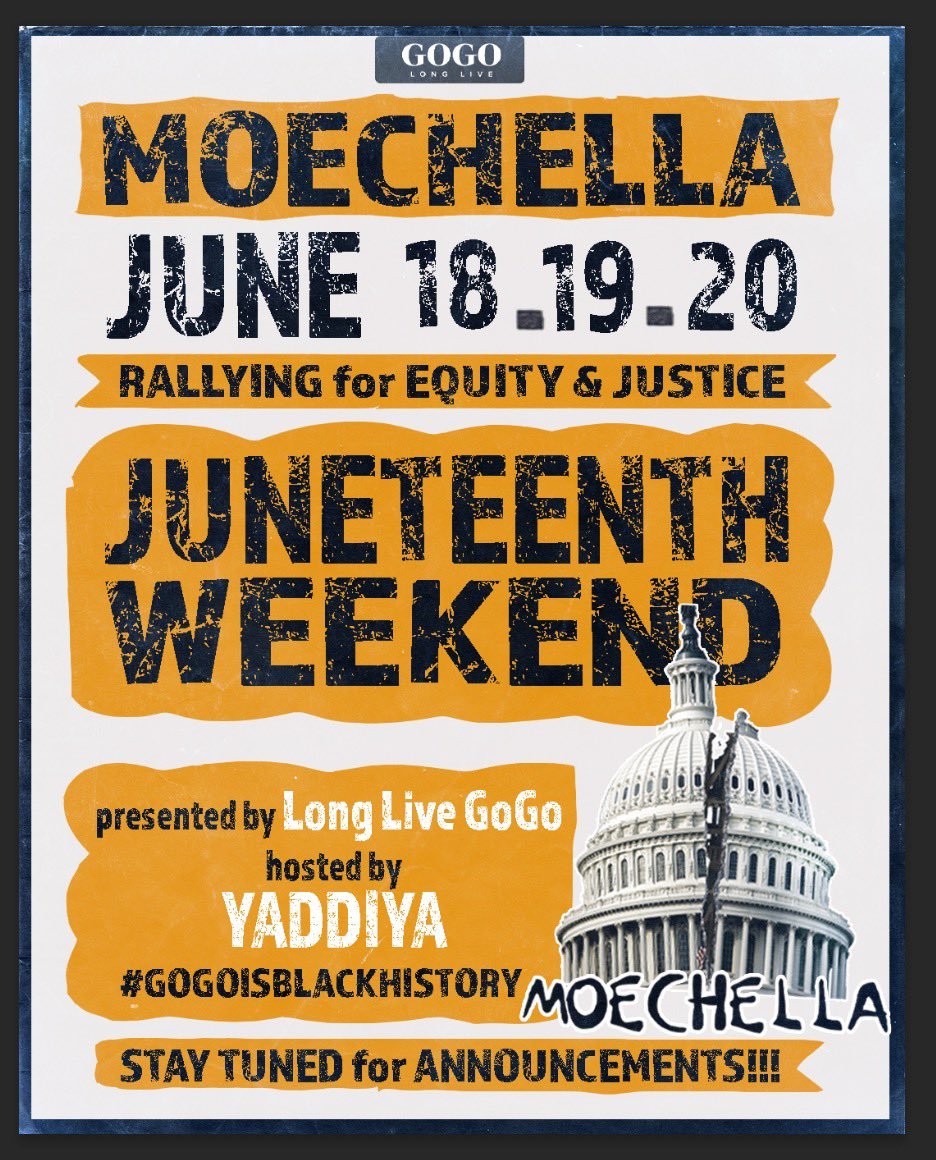[[bpstrwcotob]]
Exposure: Black@Hayfield Photojournalism Project Captures Uniqueness and Universality of Black Experience at Hayfield Secondary School
By Vanessa Williams
Walking into the front office of Hayfield Secondary School (ACPS), you’re greeted warmly by the office assistant and with cold-looking portraits of the past administrative staff at the school. Nestled in a classroom inconspicuously on the second floor, Ms. Ariel Alford is prepared to launch into a lesson on Black Lives Matter from an international perspective, focusing that day on Denmark.
D.C. and Beyond: Stories from Black Lives Matter at School Week of Action 2022
The fifth annual Black Lives Matter at School Week of Action wrapped up recently and educators in the D.C. area and beyond participated in powerful ways.
Black History, Black Present, Black Future: Exploring the Tulsa Race Massacre from an Economics Lens
By Kimberly Ellis and Vanessa Williams
What is the Tulsa Race Massacre? How do we, as a nation, tell the story of the massacre? What is owed to the Black community as a result of the massacre? Ashley Bryant created two weeks of lessons to explore these questions in celebration of the Black Lives Matter at School Week of Action and Year of Purpose.
Art as Empathy: An Early Childhood Educator’s Reflection and Application
By Makai Kellogg
During this session, Rapoport led participants in an activity where we thought about our favorite place and associated a color with it. We then added feeling words, more colors, and sensory experiences connected to the place.
Demanding They Be Heard: MacFarland Middle School Students Take Up BLM at School Guiding Principles and Demands
By Kimberly Ellis
At MacFarland Middle School (DCPS), Melanie Holmes’ students spent the week contemplating how to ensure all Black lives matter at their school.
"We Are Here": High Schoolers Write and Review the LGBTQ+ Books They Want to Read
By Tiferet Ani
This Fall I taught an LGBTQ+ Studies elective for high school students. It was being piloted for the first time. Students and teachers collaborated to develop the course outline and unit projects.
Everyday People: 7th Graders Step into Selma
By Kimberly Ellis
“The Civil Rights Movement was made up of everyday people choosing to do difficult things.” Lesley Younge, an English teacher at Maret School, opened her 7th grade English class with this statement.
More Than Music: Go-Go As A Mobilization Tool
By Kimberly Ellis
As a native Washingtonian, Beth Sewell, an Independence and Learning Support teacher at Calvin Coolidge Senior High School (DCPS), has been surrounded by go-go music her entire life.
Go-Go is Inside: Pre-K Students Learn About Go-Go Music
By Kimberly Ellis
On August 17, 2021, DC educators joined the virtual workshop “Think Local, Crank Global” hosted by Teaching for Change’s Teach the Beat program and the DC Public School Office of Teaching and Learning, Music, and Arts.
Easter Monday at the National Zoo
By Kimberly Ellis
In 2017, students in Dr. Dianna Hall’s 12th-grade U.S. Government and African American History classes at Phelps ACE High School (DCPS) explored the historical and cultural significance of the Monday after the Easter holiday, known colloquially as Easter Monday, to Black Washingtonians.
Think Local, Crank Global: Summer 2021 Go-Go Workshop for Educators
By Lila Chafe
On Tuesday, August 17, DC educators joined the virtual workshop “Think Local, Crank Global” hosted by Teaching for Change’s Teach the Beat program and the DC Public School Office of Teaching and Learning, Music, and Arts.
Teach the Beat Highlights in the Spring of 2021
Spring 2021 allowed for the Teach the Beat program to visit 27 classrooms, serving approximately 550 students throughout D.C. public schools virtually and in-person with teaching artists navigating varying online platforms.
Teaching Disability Awareness in the Virtual Classroom
By Laura Mufson
Virtual school has forced many educators to rethink how to engage students with social activism from behind a computer screen. I discovered that reading books aloud to my 4th-grade students during the virtual class was one of the times where I had the highest engagement and excitement from my students.
D.C. Statehood Viewpoints: A Classroom Simulation
By Amy Trenkle, 8th Grade US History Teacher, Washington, DC
Every year, during our unit on the New Nation, I teach about the founding of Washington, DC and have a basic discussion around the arguments for and against Statehood. Last year, I purposefully set out to teach my students the complexities of the perspectives surrounding DC Statehood.
Stories from the 2021 DC Area Black Lives Matter at School Week of Action
From February 1-5, 2021, Teaching for Change's D.C. Area Educators for Social Justice hosted the fourth annual D.C. Area Black Lives Matter at School Week of Action. This local week of action is part of the National Black Lives Matter at School Week of Action and Year of Purpose campaign taking place in cities across the U.S. to promote a set of national demands based in the Black Lives Matter guiding principles that focus on improving the school experience for students of color.
Students Explore Black Lives Matter through Dialogue and Reflection
Students in Sam Chiron’s Introduction to Law class at Thurgood Marshall Academy PCS discussed images and text related to the questions: What is Black Lives Matter? What are the 13 Guiding Principles? The lesson was an introduction to a month-long unit on the Black Lives Matter movement.
Outline for the BLM Week of Action in a High School ELA Class
Students in grades 9/10 English Language Arts classes in the International Academy (newly arrived immigrant students) and a grade 11/12 elective course at Cardozo Education Campus (DCPS) collaborated throughout the Black Lives Matter at School Week of Action. This followed a unit on the Civil Rights Movement.
Third Graders Learn about Restorative Justice and Loving Engagement Through the Civil Rights Movement
Third graders at Concord Hill School learned about the principles of Restorative Justice and Loving Engagement by studying the role of young people in the Civil Rights Movement.
Fourth Graders Discuss ‘Don’t Touch My Hair’
Fourth Grade students at Milton Gottesman Jewish Day School read and discuss Don’t Touch My Hair.
Teaching Consent: Centering Empathy, Diversity, and Loving Engagement in Early Childhood
Using the Black Lives Matter guiding principles and the book Don't Touch My Hair to discuss consent with young children.




















